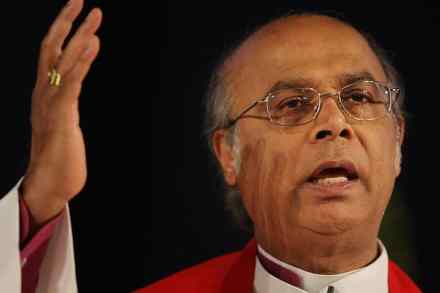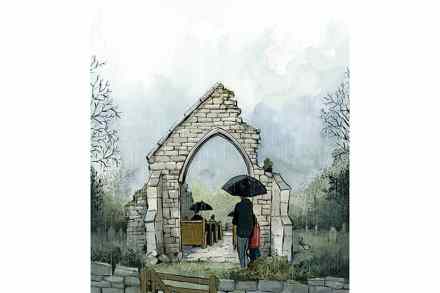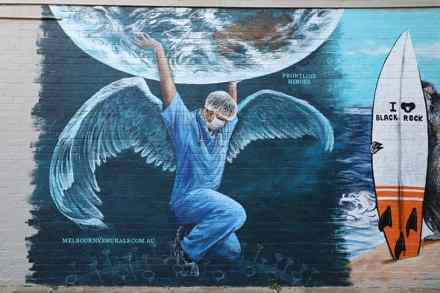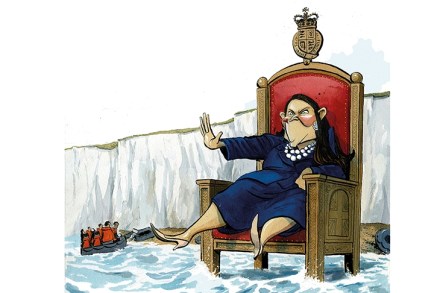Letters: the army should be used as an emergency service
Flood relief Sir: In my lifetime there have been at least two major flood emergencies when the armed forces have played a key role: the 1947 floods, and the East Coast storm surge in 1953 (Leading article, 4 December). Both of these major catastrophes required large inputs of manpower and machinery. We should remember that




















